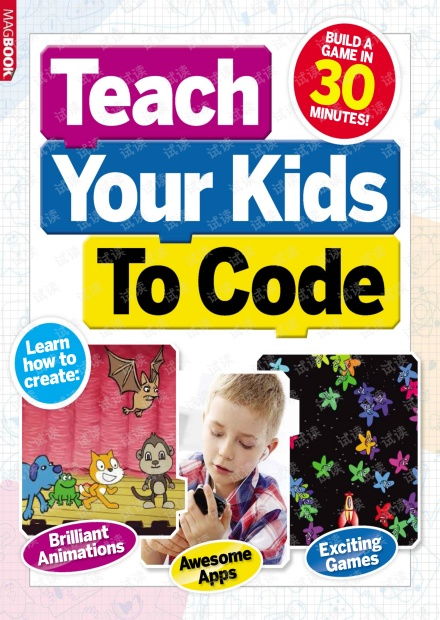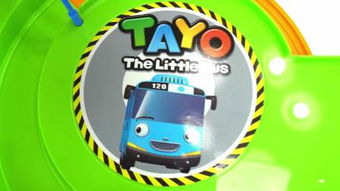Understanding the Importance of Money Budgeting Skills for Kids

Teaching kids about money and budgeting is a crucial aspect of their financial education. It’s not just about teaching them how to save and spend wisely, but also about instilling values that will serve them well throughout their lives. One effective way to do this is through games that are specifically designed to teach kids money budgeting skills.
Benefits of Using Games to Teach Budgeting

Games offer a fun and engaging way to teach kids about money. Here are some of the key benefits:
-
Interactive Learning: Games provide an interactive experience that can make learning about money more enjoyable and memorable.
-
Real-World Application: Many games simulate real-life scenarios, allowing kids to apply what they’ve learned in a practical context.
-
Customization: Games can be tailored to suit different age groups and learning levels, making them accessible to a wide range of kids.
-
Reinforcement: Regular play can reinforce the concepts of budgeting, helping kids to internalize the lessons.
Top Games for Teaching Kids Money Budgeting Skills

There are several games available that are specifically designed to teach kids about money and budgeting. Here are some of the most popular ones:
| Game | Description | Age Range |
|---|---|---|
| Monopoly Junior | A simplified version of the classic Monopoly game, where kids can learn about buying, selling, and managing properties. | 6-8 years |
| The Game of Life: Junior Edition | This game teaches kids about different life stages, including career choices, family planning, and managing finances. | 8-12 years |
| Bank On It! | A card game that helps kids learn about saving, spending, and earning interest on their savings. | 8-12 years |
| Money Munchers | This game teaches kids about different types of money, budgeting, and making smart financial decisions. | 6-9 years |
How to Integrate Games into Your Child’s Financial Education
Integrating games into your child’s financial education can be as simple as incorporating them into their regular playtime. Here are some tips:
-
Choose Age-Appropriate Games: Select games that are appropriate for your child’s age and learning level.
-
Play Together: Engage with your child as they play the game, asking questions and discussing the financial concepts involved.
-
Set Realistic Goals: Encourage your child to set achievable goals within the game, such as saving a certain amount of money.
-
Use Real Money: If possible, use real money in the game to make the experience more realistic.
Additional Resources for Teaching Kids Money Budgeting Skills
In addition to games, there are other resources available to help teach kids about money and budgeting:
-
Online Resources: There are numerous websites and apps that offer interactive lessons and activities on money management.
-
Books: Look for children’s books that focus on financial literacy and money management.
-
Workshops and Classes: Some organizations offer workshops and classes specifically designed to teach kids about money.
By incorporating games and other resources into your child’s financial education, you can help them develop the skills and values needed to manage their finances responsibly as they grow older.
